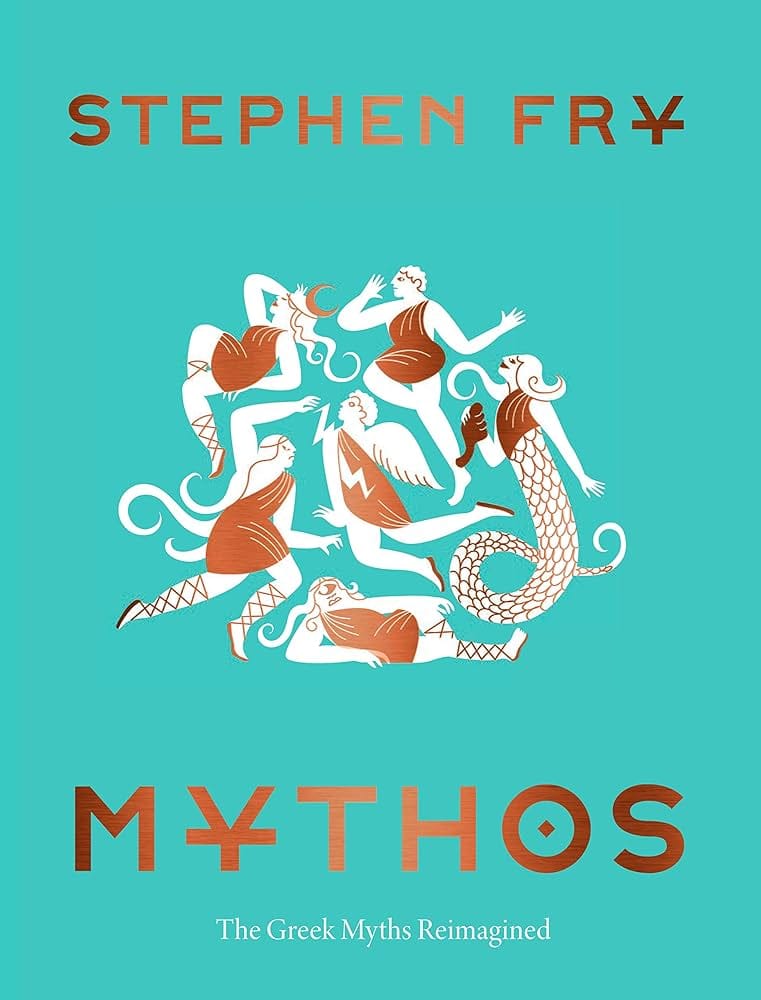Mythos by Stephen Fry

In Greek mythology, the gods were often portrayed as playing with humans for their own amusement. This can be seen in several different myths and legends, including the stories of the gods on Mount Olympus. In these tales, the gods would intervene in human affairs, either directly or indirectly, for their own enjoyment or to further their own purposes.
One notable example of this is the myth of Io, in which the god Zeus transforms the mortal woman into a cow to hide her from his jealous wife, Hera. Hera eventually discovers the truth, and as punishment for Zeus's infidelity, she sends the insect-god Argus to watch over Io. The god Hermes, who is a messenger of the gods, is then sent by Zeus to slay Argus and free Io from her captivity. This story is often seen as an example of the gods playing with the lives of mortals for their own amusement.
Another example is the myth of King Midas, in which the god Dionysus offers the king a wish in return for his hospitality. King Midas asks for the ability to turn anything he touches into gold, but soon realises that this is a curse, as he can no longer touch his wife or daughter, or even eat or drink. The gods are portrayed as playing a trick on King Midas for their own amusement.
Other examples include:
- The myth of Pygmalion and Galatea - In this story, the sculptor Pygmalion creates a statue of a beautiful woman and falls in love with it. The goddess Aphrodite, who is known for her power over love, takes pity on Pygmalion and brings the statue to life, allowing him to marry his creation.
- The myth of Narcissus - In this story, the handsome youth Narcissus falls in love with his own reflection in a pool of water and is unable to look away. The gods, who are amused by his vanity, condemn him to remain staring at his own image for the rest of his life.
- The myth of Daedalus and Icarus - In this story, the inventor Daedalus constructs wings made of feathers and wax for himself and his son, Icarus, so that they can escape from their island prison. However, Icarus becomes overconfident and flies too close to the sun, causing the wax to melt and sending him plummeting to his death.
- The myth of Arachne - In this story, the mortal weaver Arachne boasts that her weaving skills are greater than those of the goddess Athena. Athena takes on the challenge and weaves a tapestry that depicts the gods' power over mortals. Arachne weaves a tapestry that is also magnificent, but it portrays the gods as cruel and unjust. Athena is so angry at Arachne's audacity that she transforms her into a spider, condemning her to spin webs for all eternity.
These myths and others like them reflect the ancient Greek belief that the gods were not always benevolent and that they could be capricious and unpredictable in their dealings with mortals.